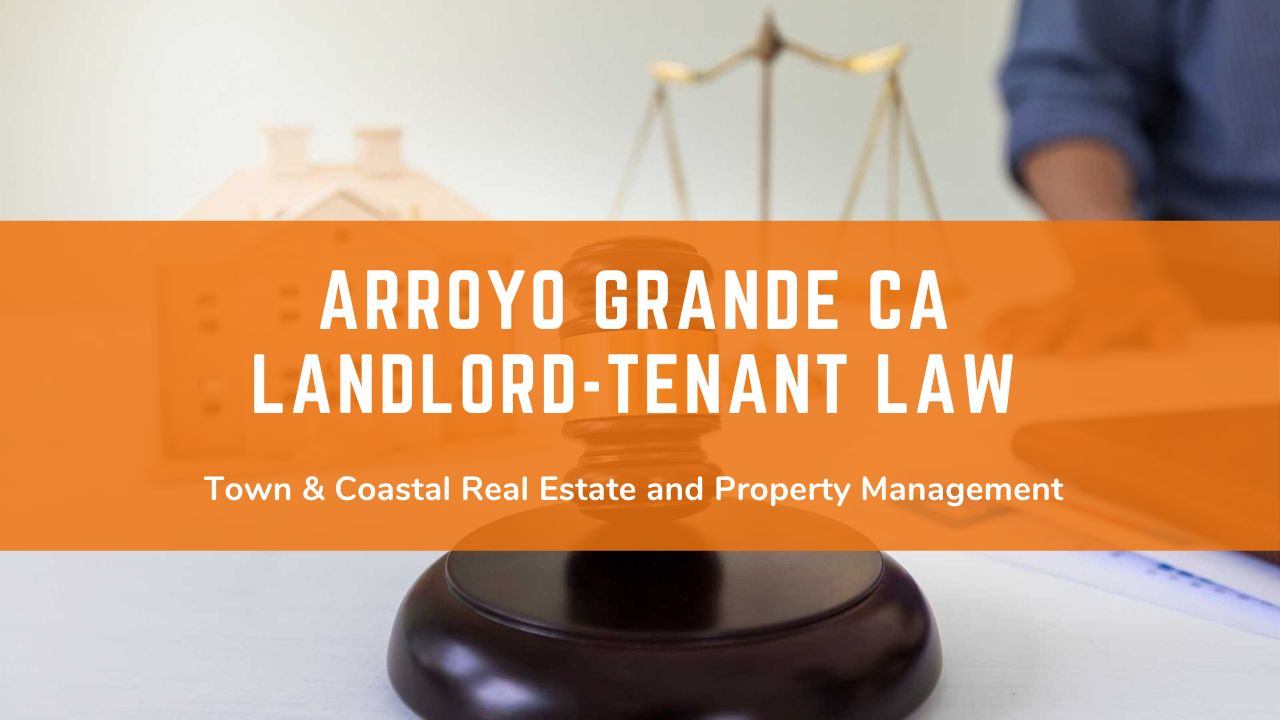Landlords and tenants in California have certain rights and responsibilities under the state’s Civil Code 1940-1954.06. These define what each party can and cannot do.
For example, as a landlord, you have the right to evict a tenant for certain legitimate reasons, such as nonpayment of rent. You must ensure the process is fair, non-discriminatory, and non-retaliatory to the tenant.
Violating any of your CA tenants’ can lead to severe penalties. That’s why it’s important to familiarize yourself with the state’s landlord-tenant laws. The following are important basics of California landlord-tenant laws.
Required Landlord Disclosures in California
Most states, including the state of California, require landlords to disclose certain information to tenants. You must do so before the tenant moves in.
Use of lead-based paint for homes built before 1978. Landlords are required to provide tenants with the EPA's "Protect Your Family from Lead in Your Home" pamphlet.
Use a code-specific language to let the tenant know about information concerning bed bugs.
Information about any mold infestation in the unit. The landlord must provide a written notice if there is mold that exceeds permissible exposure limits or poses a health risk.
The sharing of utility bills where there is common utility use.
Knowledge of asbestos for rental units built before 1979.
Information on possible drug contamination and where remediation is yet to be done.
The tenant’s right to access information on the sex offender registry.
Disclosure of the landlord’s plan to demolish the unit within the tenancy period.
The policy on smoking (if any).
Whether the unit is located in a known flood zone. Landlords must disclose if the property is in a special flood hazard area or an area of potential flooding as defined by FEMA.
Disclosure about any non-HIV or AIDS-related death that has occurred on the unit within the past 3 years.

California Tenant Rights and Responsibilities
The statewide landlord-tenant law grants tenants the following rights. These are only applicable once a rental agreement between the landlord and tenant is in existence.
Under California law, a rental agreement can come about in any of three ways: as an oral agreement, a written document, or a payment made in exchange for tenancy. Once any of these is done, the tenant obtains the right to:
Live in peace and quiet.
Proper notification before lease termination.
A fair eviction process in case of lease violation.
Return of the security deposit, or whatever portion remains, after moving out.
Have their repair requests made within a reasonable time after proper notification.
Be treated fairly regardless of certain protected classes, such as race, color, and nationality.
State law also grants tenants certain responsibilities after establishing a rental agreement with their CA landlord. They are as follows:
Use the unit only for its intended purpose, such as living, dining, and cooking.
Report repair and maintenance issues to the landlord on time.
Abide by all the lease rules.
Not cause disturbance to other tenants or neighbors.
Allow landlord entry for legitimate reasons, such as inspections.
Keep the unit clean and sanitary.
Not cause negligent property damage to the unit.
California Landlord Rights and Responsibilities
The following are some of the rights that you have as a California landlord. A right to:
Enter the tenant’s rented unit to perform certain crucial responsibilities, such as repairs and inspections.
Ask for a refundable security deposit to act as a financial cushion against certain liabilities that can arise during the tenancy.
Evict a tenant who fails to abide by the terms of the lease agreement, such as failing to pay the rent when it falls due.
Terminate a periodic tenancy after service of proper notice.
Require all new tenants to undergo a vetting process before moving in.
Proper notice before a tenant moves out of the unit.

The following are the basic landlord responsibilities in the state of California. As a landlord, you must:
Provide the tenant with a livable unit.
Make repairs when needed or requested by the tenant.
Follow the proper legal eviction process when removing a tenant.
Notify the tenant before entering their unit to carry out important functions.
Treat tenants fairly and equally as per the Fair Housing Act and the state’s anti-discriminatory laws.
Return the deposit within a reasonable time after the tenant moves out of the unit.
An Overview of the California Landlord-Tenant Laws
Tenant Evictions
Tenant evictions must abide by the state’s eviction laws. It’d be unlawful of you, for instance, to try to lock out the tenant, shut down utilities, or remove their personal belongings from the unit.
You’d also be violating the CA eviction laws if you attempt to remove the tenant based on a federally protected class or as a retaliatory tactic.
To evict a tenant, landlords must have a "just cause." The Tenant Protection Act of 2019 requires a landlord to have a valid reason to evict renters so long as the renter has lived in the rental housing for at least 12 months.
The following are considered "just causes" for evictions in California:
- Nonpayment of rent.
- Breaking a rule in the lease or rental agreement.
- Criminal activity on the premises.
- Subletting if the lease does not allow it.
- Denying the landlord entry, if the landlord has a legal right to enter.
Security Deposit Rules
Landlords in California have a right to ask tenants for a refundable security deposit in addition to other first month’s fees. The security deposit is meant to act as a safety net against tenant negligence that can impact your bottom line.
On your part, however, you must abide by certain rules including:
- Under California law, the amount a landlord can collect as a security deposit depends on when the lease was signed:
Before July 1, 2024: Landlords can collect up to two times the monthly rent for unfurnished units, or three times the monthly rent for furnished units.
After July 1, 2024: The limit is reduced to one month's rent for both furnished and unfurnished units.
- There are exceptions for smaller landlords who own no more than two residential rental properties with a total of four units or fewer. These landlords can still collect up to two times the monthly rent.
- You can only make allowable deductions to the security deposit.
Landlords must return the deposit within 21 days after the tenant moves out, less any allowable deductions.

Housing Discrimination
As a landlord, you have a legal duty to treat your tenants fairly and equally as per the state’s anti-discrimination law. The Fair Housing Act (FHA) prohibits discrimination against tenants based on certain protected classes.
The classes include race, color, disability, familial status, nationality, immigration status, citizenship status, ancestry, and marital status.
Landlord Entry
Landlords reserve the right to enter their tenants’ rented premises for certain legitimate reasons. For example, inspections, property showings, and repairs and maintenance.
Before accessing the unit for any of the aforementioned reasons, you must give the tenant an advance notice of 24 hours. The notice must be in writing unlike in most other states.
With that said, a general inspection is not a valid basis for a 24-hour notice and verbal notice is also acceptable in certain situations, such as emergencies or agreed-upon entry times.
Conclusion
As a landlord, being familiar with all your rights and obligations under California landlord-tenant law is important when renting out a property. If you need further clarification on any aspect of the law, get in touch with a qualified property management company.
Town & Coastal is a full-service property management company, serving investment property owners on the Central Coast of California. Get in touch to learn more!
Disclaimer: Please note that the information provided in this blog is intended for general guidance and should not be considered as a replacement for professional legal advice. It is important to be aware that laws pertaining to property management may change, rendering this information outdated by the time you read it.


